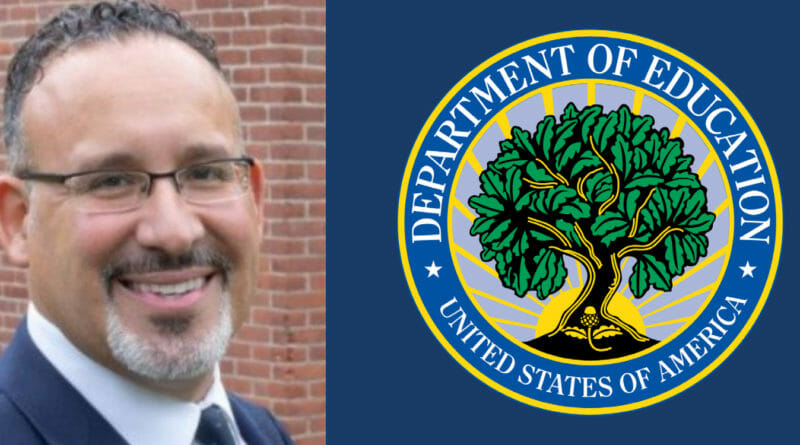Policies and Priorities of the U.S. Department of Education
The President’s fiscal year 2022 request calls for a significant and long-overdue increase in Federal support for education from birth through college and career. The proposed discretionary request of $103 billion for Department of Education programs, an increase of almost $30 billion over the fiscal year 2021 enacted level, would be complemented by additional mandatory investments under the American Jobs Plan and the American Families Plan. We understand that some have raised questions about the unprecedented increase in Federal education funding proposed by President Biden, particularly coming on top of emergency appropriations over the past year to address the impact of the COVID-19 pandemic on our schools. However, it’s important to recognize that these bold proposals follow a decade of virtually no funding growth in real terms for Department programs, a significant under-investment in light of the rising needs of students and families.
The $73.5 billion that Congress appropriated for the Department for the current fiscal year, fiscal year 2021, is about 8 percent more than the fiscal year 2011 total of $68.3 billion. Title I funding did a little better, up 10 percent, or 1 percent a year, over the same period of time. The total Federal investment in elementary and secondary education grew at the same rate—just 1 percent annually over the past 10 years—not even keeping up with inflation.
Improving Career Pathways
The President’s Request also recognizes that a skilled workforce is critical for both strong communities and a strong economy by proposing to make targeted investments that would help build the capacity of our workforce development system. These investments include an increase of $108 million in Career and Technical Education National Programs to support an innovation grants initiative focused on youth work-based learning and industry credential attainment, along with a $25 million increase under Adult Education National Leadership Activities to expand college bridge programs for low-skilled adults without a high school degree. In addition, the American Jobs Plan would provide $1 billion in mandatory funding in fiscal year 2022 ($10 billion total over 10 years) to expand career pathways for underserved middle and high school students that include partnerships with employers, community colleges and other partners and allow students to earn credentials or college credit while still in high school; and also would invest $100 million annually over the next 10 years to help connect job-seeking adults to employment opportunities by focusing on foundational skills and embedded career services.
Closing Remarks
Thank you again for this opportunity to share more about the President’s plan to invest in students of all ages and the institutions that serve them. I look forward to hearing your reactions to this historic budget request, and to learning more about your individual interests and priorities related to Department of Education programs and activities. I am committed to working collaboratively with each of you, to the greatest extent possible, to help improve educational opportunities and outcomes for all students.
Thank you, and I will do my best to respond to any questions you may have.
https://www.ed.gov/news/press-releases/statement-miguel-cardona-secretary-education-policies-and-priorities-us-department-education

